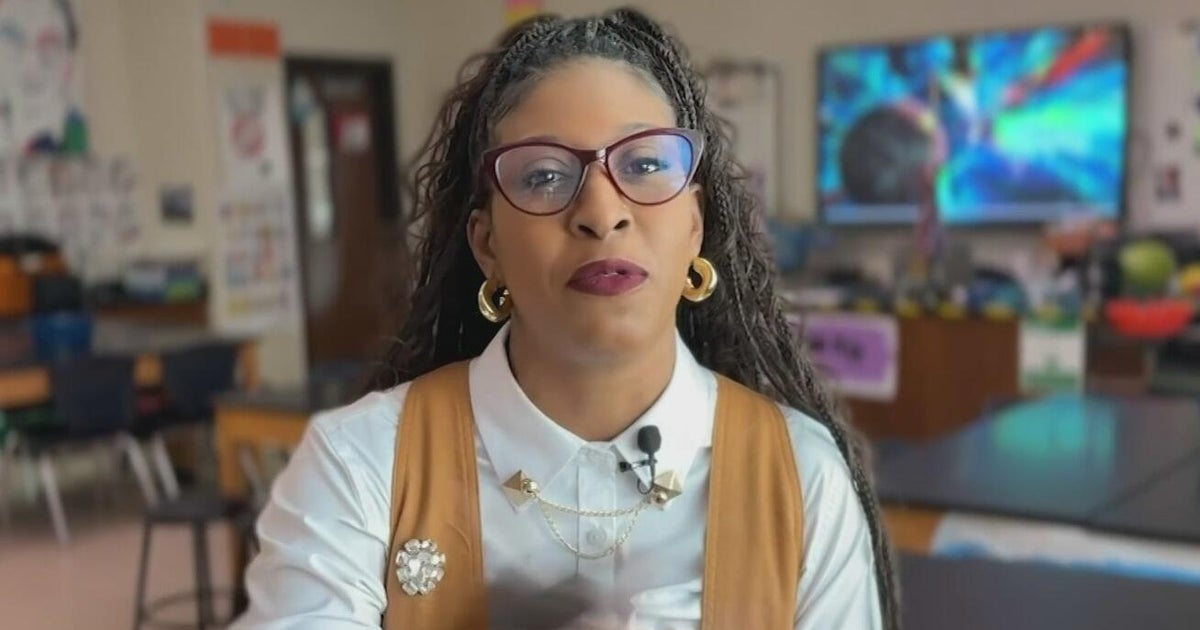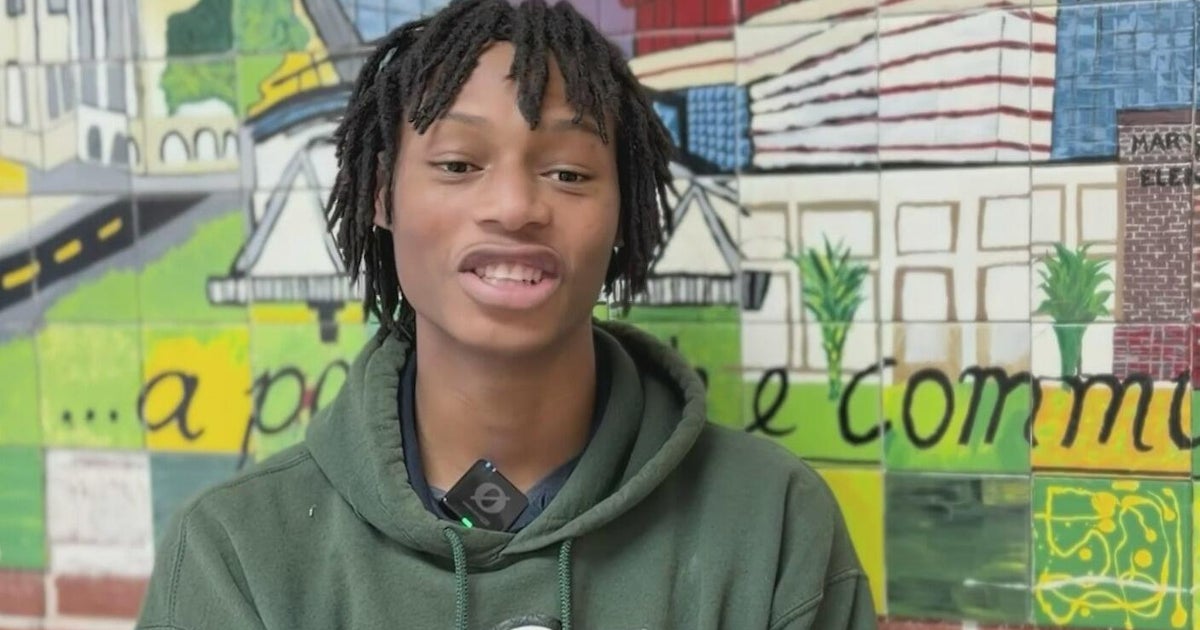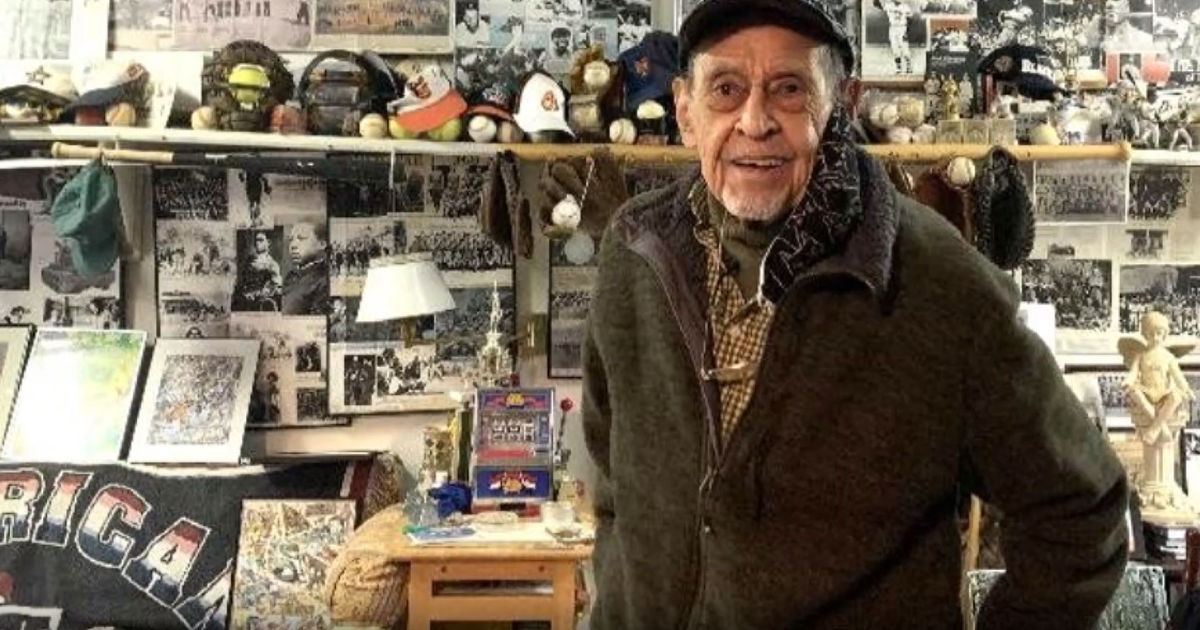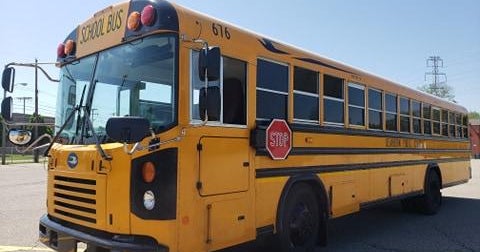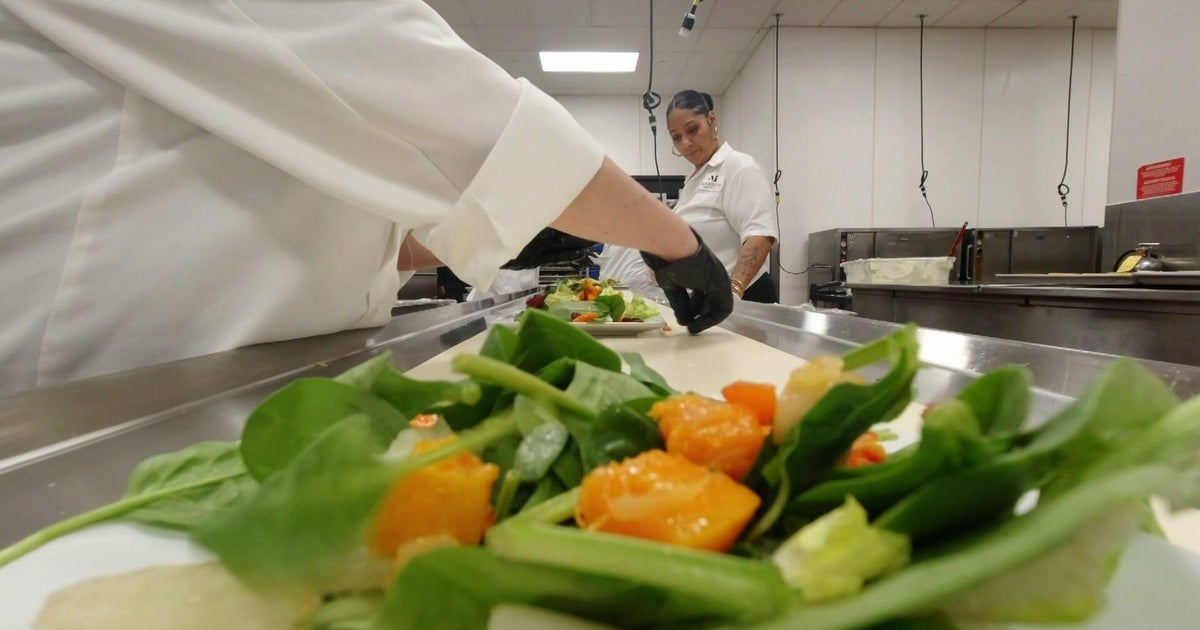Reimagining Education: How Big Will Technology's Role Be When Students, Teachers Return To Class?
NEW YORK (CBSNewYork) - As the school year comes to a close, Gov. Andrew Cuomo has convened a committee with the Bill and Melinda Gates Foundation to reimagine education for students when school goes back in session in the fall.
CBS2's Hazel Sanchez spoke to educators about their expectations toward what that will look like.
It's almost certain the face-to-face learning students have always known is not what they'll encounter in the fall.
"The old model of everybody goes and sits in a classroom and the teacher is in front of that classroom and teaches that class, and you do that all across the city, all across the state, all these buildings, all these physical classrooms: Why, with all the technology you have?" said Cuomo.
Its that comment, and state's proposed budget cuts to education, that has many parents, students and teachers concerned about what the long-term future holds for teachers' jobs, their schools and face to face instruction.
Education policy expert and Hofstra University professor Alan Singer, a former high school teacher, believes increasing remote learning could be devastating.
"All of a sudden we have champions emerging who are claiming that online instructino is the wave of the future," said Singer. "What they're proposing is that online instruction can be done for the cheap, and the reality is when you invest in the cheap, you get substandard."
For several days CBS2 tried to coordinate an interview with the Gates Foundation and Gov. Cuomo aide Jim Malatras, chair of the Reimagining Initiative, but no one was made available to speak.
The group's ultimate vision for education will not include input from any current educators in New York City, the nations' largest school district.
Michael Mulgrew, president of the United Federation of Teachers, fears the final template will be flawed.
"It really becomes, how do we come up with this hybrid instructional model of sometimes in person and sometimes remote, and how do we make that more effective out of what we just learned," said Mulgrew. "Since nobody has ever done it, it's interesting to me that people aren't talking to people who actually do the work."
Some education experts believe the committee's effort to enhance technology in schools could be very beneficial.
"Technology is with us, it's not going anywhere," said Andrew Buher, former chief operating officer of New York City's Department of Education. "Making sure that teachers are well-trained and prepared to use those technologies, those technologies really are a tool that supports the incredible work that they're already doing."
Buher is now managing director of Opportunity Labs, the non-profit group that worked with health and education experts to develop a "Return to School Roadmap."
It gives school leaders guidance on steps to take when developing plans for:
- wellness
- instruction
- school operations
- technology
Buher says with all the uncertainty of the coronavirus, it would take the re-imagining group at least two years to develop a sustainable plan.
"We should be working to ensure that we return to school stronger than we did before," said Buher. "That means better serving our most vulnerable students. It means better supporting our teachers and it means better utilizing technology as a tool to create equity in classrooms."
Education experts say the plan's success will rely heavily on transparency and inclusivity, ensuring diverse voices from across the state are heard and served.
